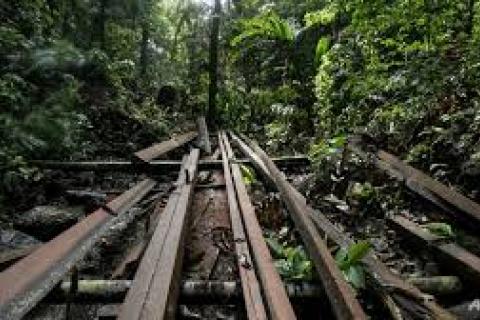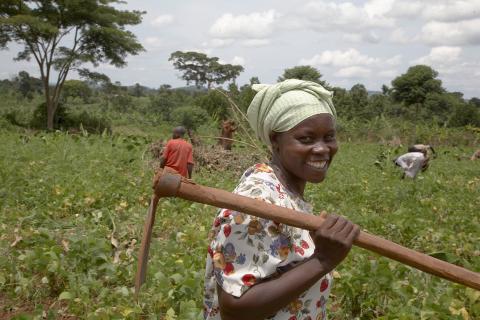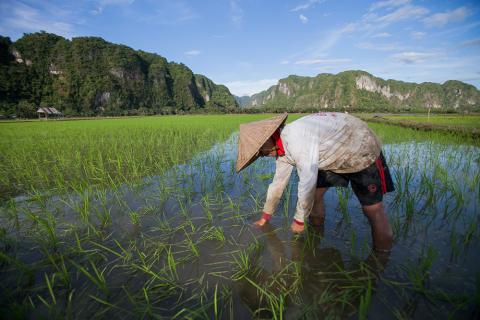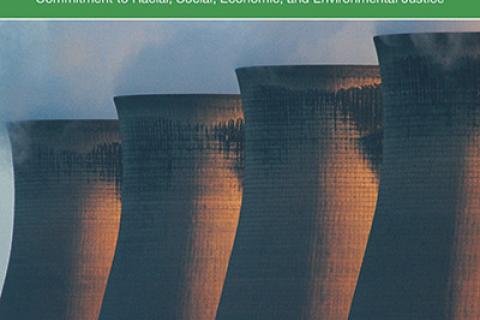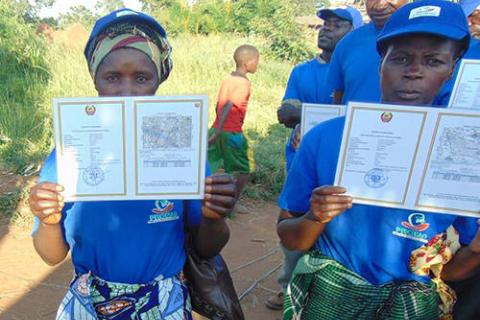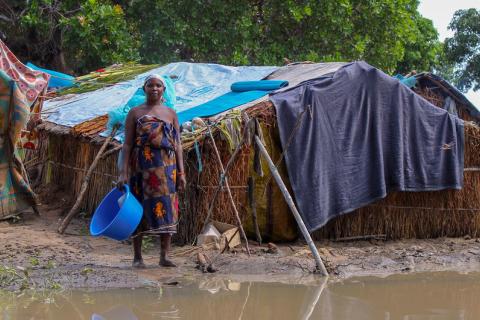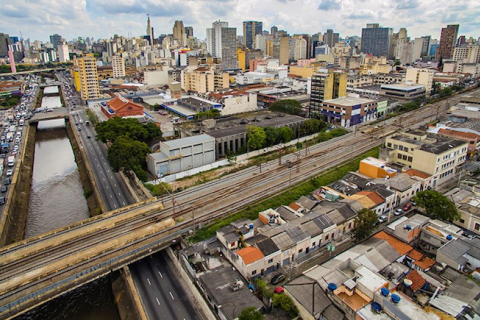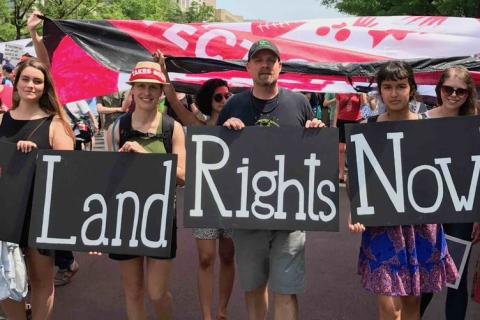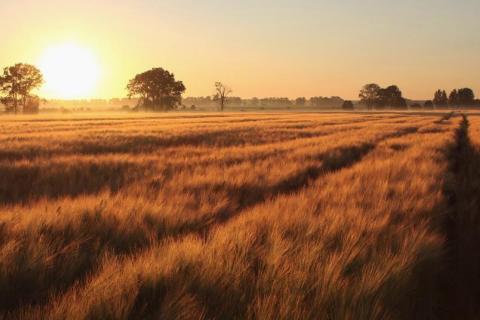In the Philippines, community forestry can help the climate agenda, and vice versa
In conversation with Heidi Mendoza
The Filipino government can generate new momentum and resources for its longstanding community-based forest management programme, by placing it more centrally in its climate policies. This could benefit forest-dependent communities, but only if mistakes from the past are not repeated, argues Heidi Mendoza. It requires a better understanding of the conditions and constraints for community forestry.

